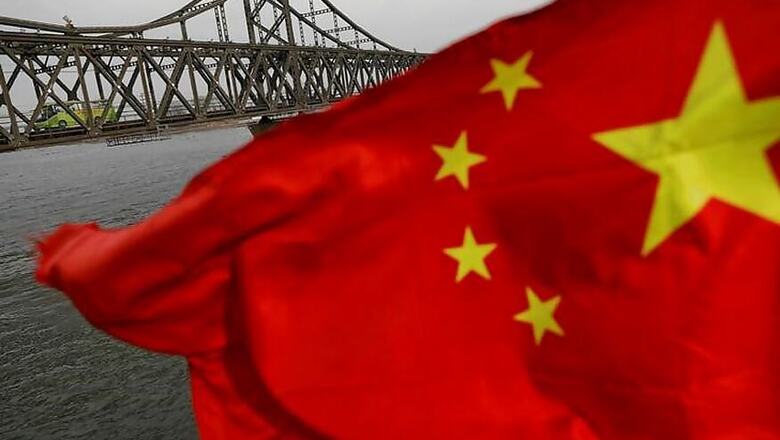
views
Sydney: Australia's spy chief has issued a new warning that foreign interference and espionage in the country had reached "unprecedented" levels that could cause "catastrophic harm" to Canberra's interests.
Duncan Lewis, head of the Australian Security Intelligence Organisation (ASIO), did not single out any specific country but his remarks coincided with a sharp escalation of concerns over Chinese interference in domestic politics.
Lewis, in remarks in parliament late on Thursday, said the "current scale of foreign intelligence activity ... is unprecedented".
He said foreign actors were targeting privileged and classified information on Australia's alliances, partnerships and positions on diplomatic, economic and military issues.
Information on energy, mineral resources and science and technology innovations was also of interest, he added.
"Espionage, interference, sabotage and malicious insider activities can inflict catastrophic harm on our country's interests," Lewis told a parliamentary hearing in Canberra.
"It undermines potentially our sovereignty, our security and our prosperity... The grim reality is there are more foreign intelligence officers today than during the Cold War, and they have more ways of attacking us."
Lewis backed efforts by the government to pass wide-ranging reforms to strengthen and modernise laws when investigating and prosecuting alleged political meddling.
Under the proposed laws, a transparency scheme would also require people to declare which foreign actors they are working for.
Lewis' remarks follow allegations raised by senior politician Andrew Hastie on Tuesday that a billionaire Chinese-Australian businessman, a major political donor, had been identified by the US Federal Bureau of Investigation as a co-conspirator in a plot to bribe a top UN official.
Beijing criticised the disclosure, made under parliamentary privilege, and has also reacted angrily to the foreign interference laws, which came in the wake of fears about Chinese efforts to shape policy and opinion in democracies.


















Comments
0 comment